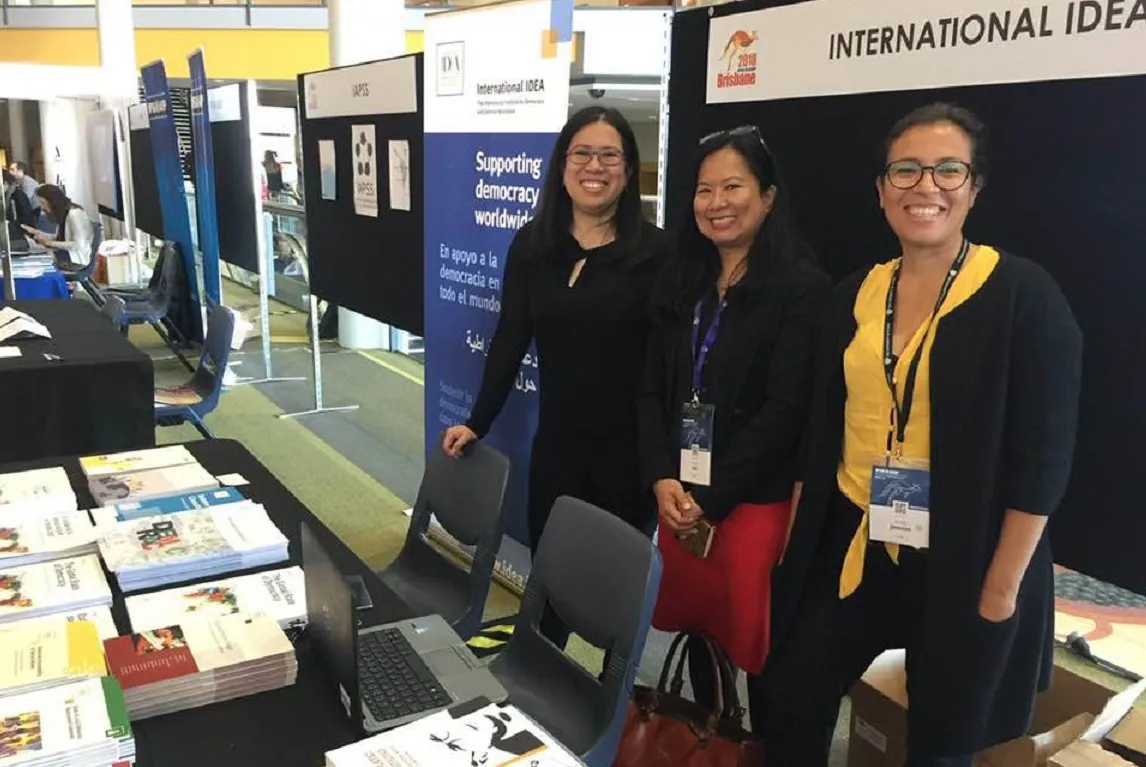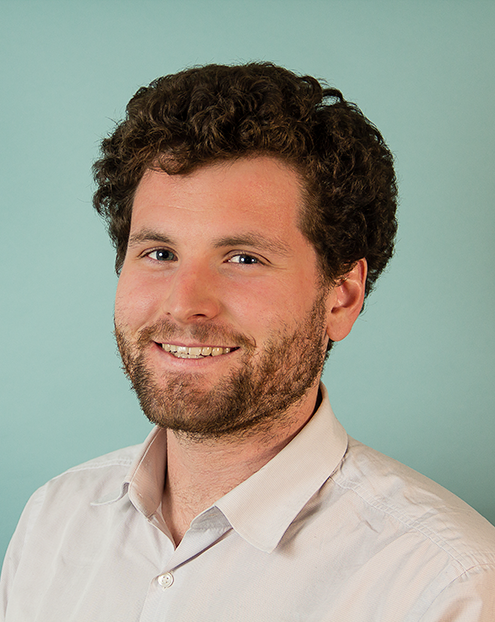The Global State of Democracy in focus at IPSA 2018 Congress

On 22 July 2018, International IDEA convened a panel at the International Political Science Association World Congress in Brisbane, Australia, entitled “The Global State of Democracy: Crisis or Trendless Fluctuation”. International IDEA invited leading scholars to discuss the global state of democracy and to evaluate whether extant measures of democracy are helpful tools to reveal the trends.
At the panel, the first presentation was made by Professor Svend-Erik Skaaning who emphasized the approach and findings presented in Chapter 1 of International IDEA’s Global State of Democracy report. Using data from International IDEA’s Global State of Democracy Indices and other sources, he concluded his presentation by emphasizing that globally, the state of democracy is showing signs of stability. Some of the challenging cases are being oversimplified and overemphasized. However, democracy advocates around the world should continue to work to strengthen democracy, especially as many emerging democracies are showing signs of backsliding.
Professor Gerry Munck emphasized in his presentation that how we understand the trends of democracy around the globe is influenced by how we define democracy. With a more nuanced definition we also get a more nuanced understanding of the state of democracy across the globe. There is a trend in the current debate to be overly alarmist while tending to focus on a limited number of examples and a limited time period. In contrast, those who take a long term view are less alarmist and are better positioned to capture the diversity in developments around the world. Munck also provided some insights on how to understand the global state of democracy from a regional perspective by giving some examples from Europe, Latin America and the USA.
Following Professor Munck’s presentation, Professor Marianne Kneuer, the new president of IPSA, emphasized the need to analyse democratic backsliding beyond events. Reference was made to the analysis in the Global State of Democracy report, which also focuses on events of democratic backsliding. Kneuer argued that we need to move beyond events focused analysis and see democratic backsliding as a process that takes places over time on many different levels. Taking a process-oriented approach in our analysis will give us insights of the current global state of democracy. She also argued that what we are seeing globally is not democratic progress nor decline, but rather a state of democratic erosion which emphasizes the process rather than individual events. Today, countries can find themselves with high quality of democracy on some aspects while at the same time experiencing democratic erosion. Kneuer identified three research agendas that need to be furthered analyses and these are: (1) the drivers of erosion, (2) the motives and logics of democratic erosion and (3) the mechanisms behind democratic erosion.
Professor Roberto Foa followed with a presentation which emphasized that the current debate on the global state of democracy is a debate on concepts rather than facts. What the numbers tell us is that we are experiencing a democratic plateau, an end to the democratic expansion. At the same time, we are also witnessing democratic erosion in mature democracies, which means the end of the ‘consolidation paradigm’. Foa also explained the characteristics of the current ‘reverse wave’ of democracy which statistically may only be reflected in minor changes in global levels of democracy and often take place within democratic systems, but which nonetheless represent an erosion of democratic principles in specific countries. The current erosion tends to undermine and have less abrupt negative effect on democracy but might still damage democracy in the long term as civil rights and other key aspects are gradually dismantled.
The panel concluded with the presentation by Marta Lagos, founding director of the Latinobarómetro Corporation, who emphasized the need to question our understanding of democratic decline and from which level this decline starts from. Lagos argued that the debate on the decline of democracy focuses on those countries that have experienced high levels of democracy, rather than the countries with low levels of democracy to start with. Following this argument, Lagos continued by describing the current situation in Latin America where she argued that instead of a decline in democracy, the region is experiencing a decline in the elites, where the elites are not representing or working for the majority but rather for the minority. This combined with increased demands for democracy by a more educated population has created tensions in Latin American societies. The survey data from the Latin Barometer shows that there are low levels of trust in Latin America and Lagos ended by encouraging researchers and journalist to analyse the state of democracy in a disaggregated way.
The panel showcased the vigorous debate on the current state of democracy. International IDEA will continue to stimulate and contribute to the global debate on democracy, through the biennial publication; The Global State of Democracy (GSoD), the Global State of Democracy Indices, and short policy briefs on specific topics to highlight specific democratic issues. The next GSoD Report will be published in November 2019.
Access the GSoD Indices and a digital version of the first edition of the GSoD publication online for free to learn more about International IDEA’s own analysis of the global state of democracy or contact




